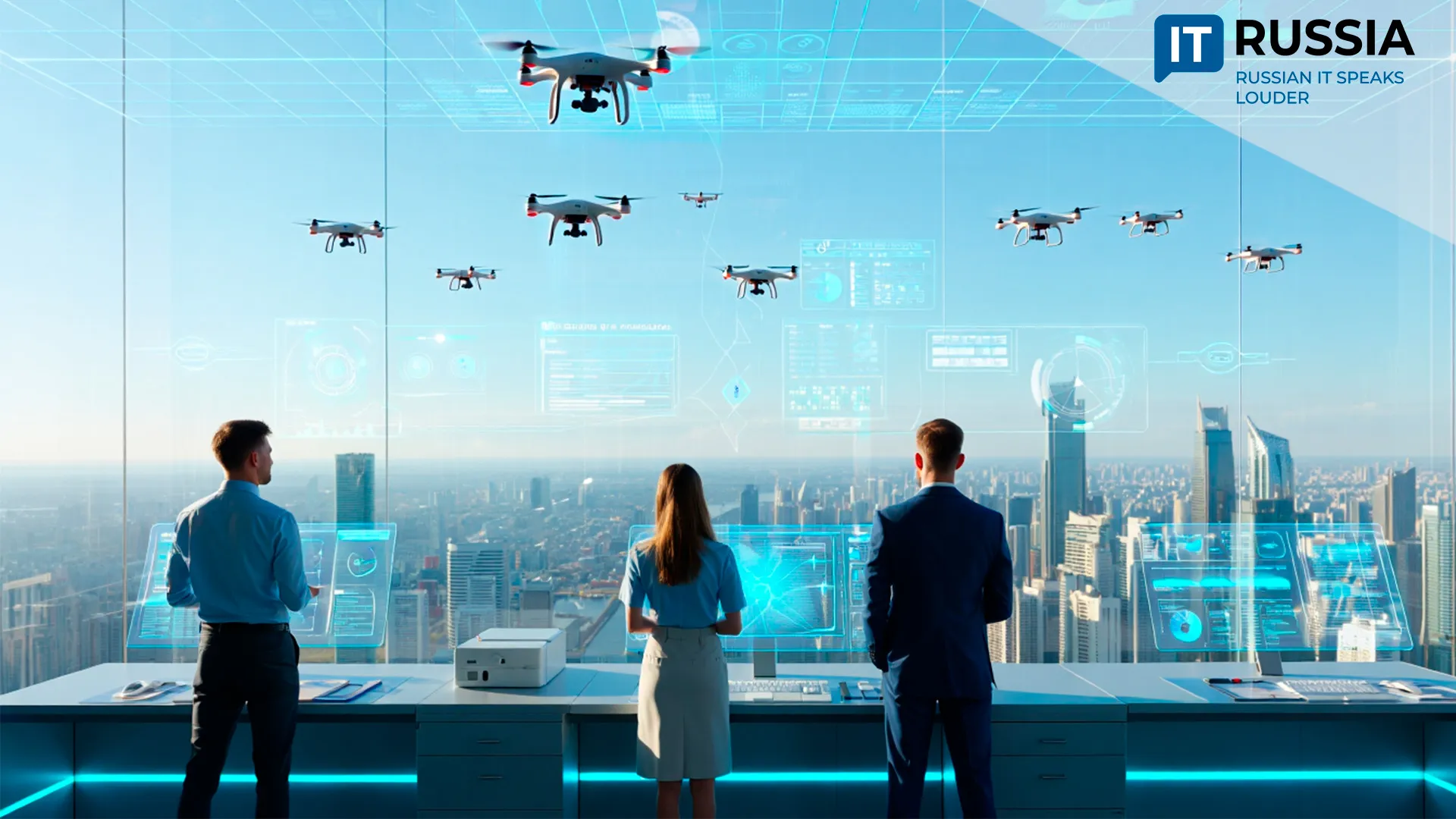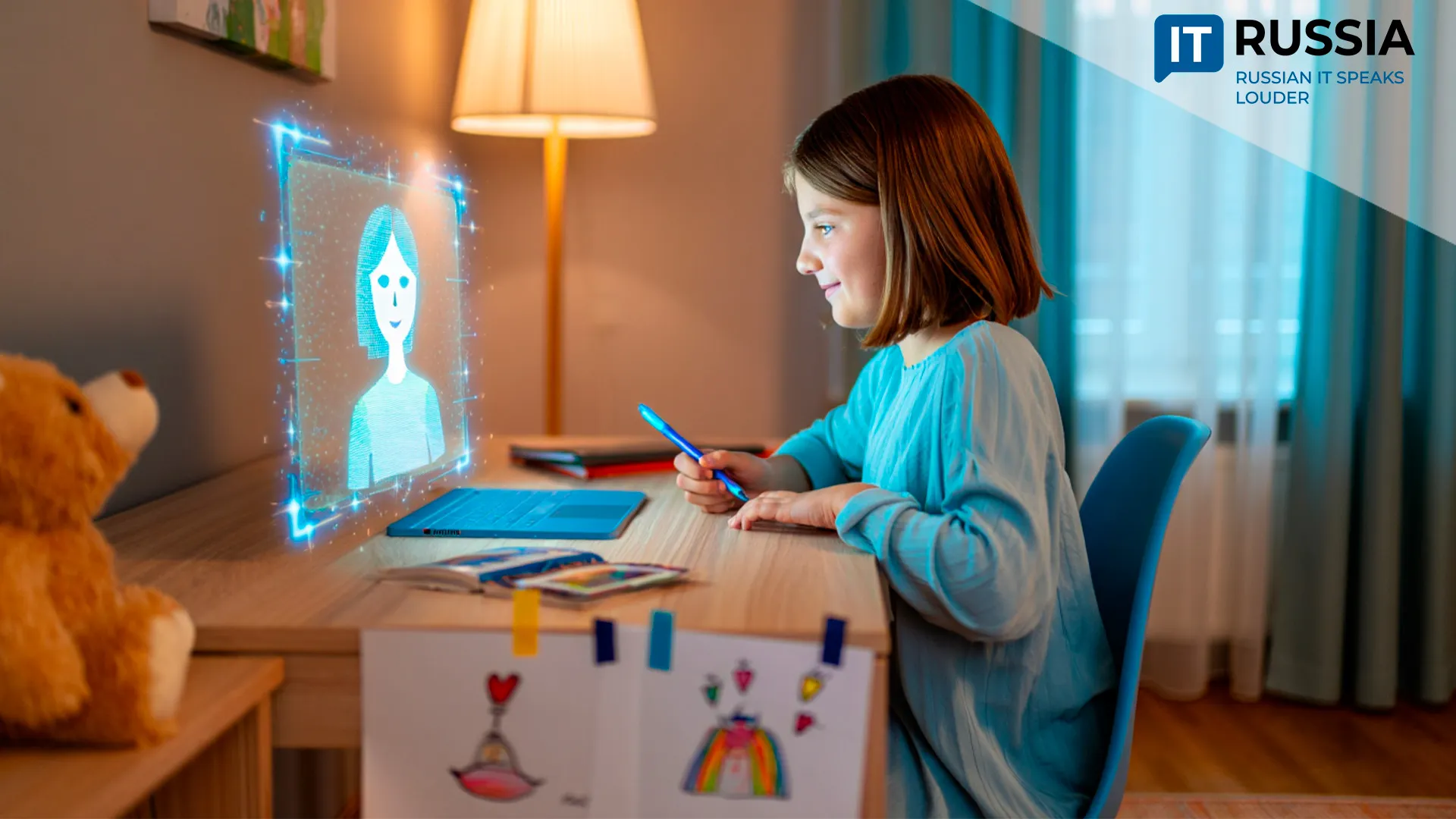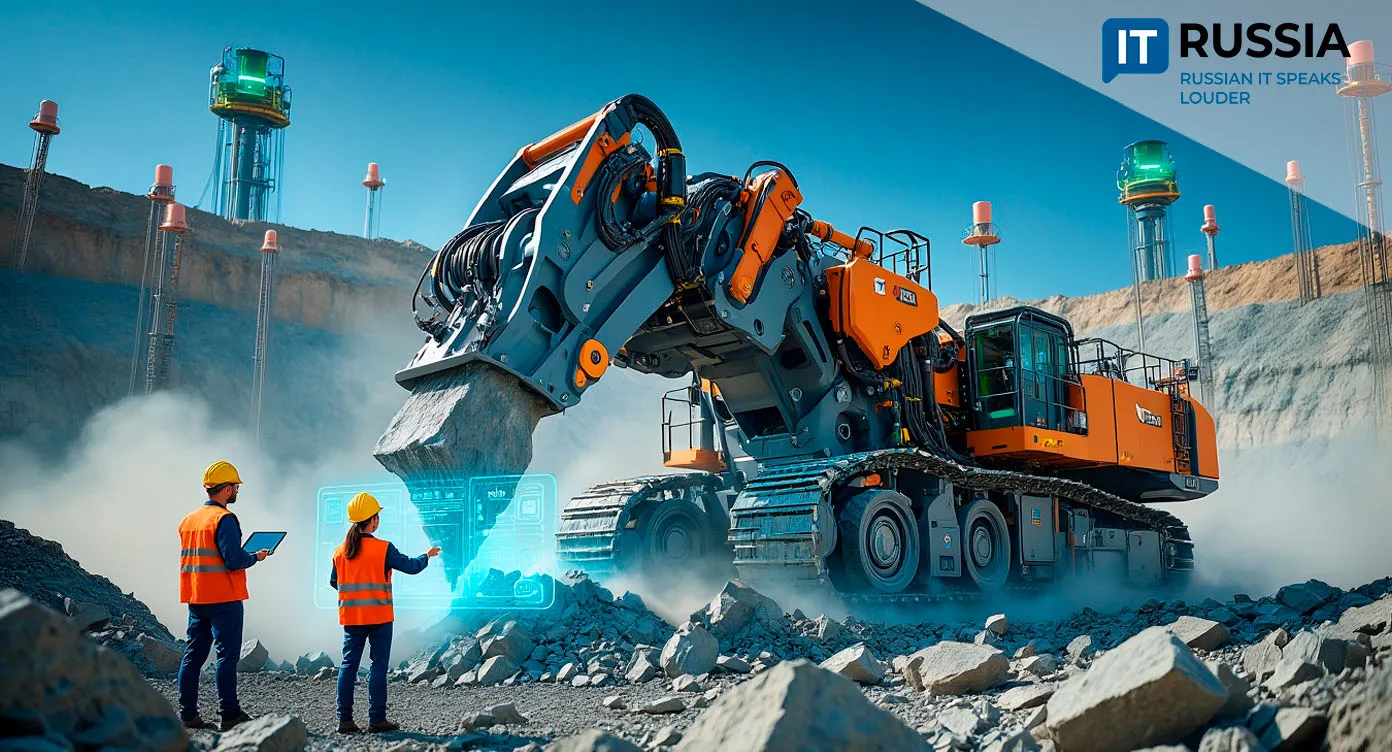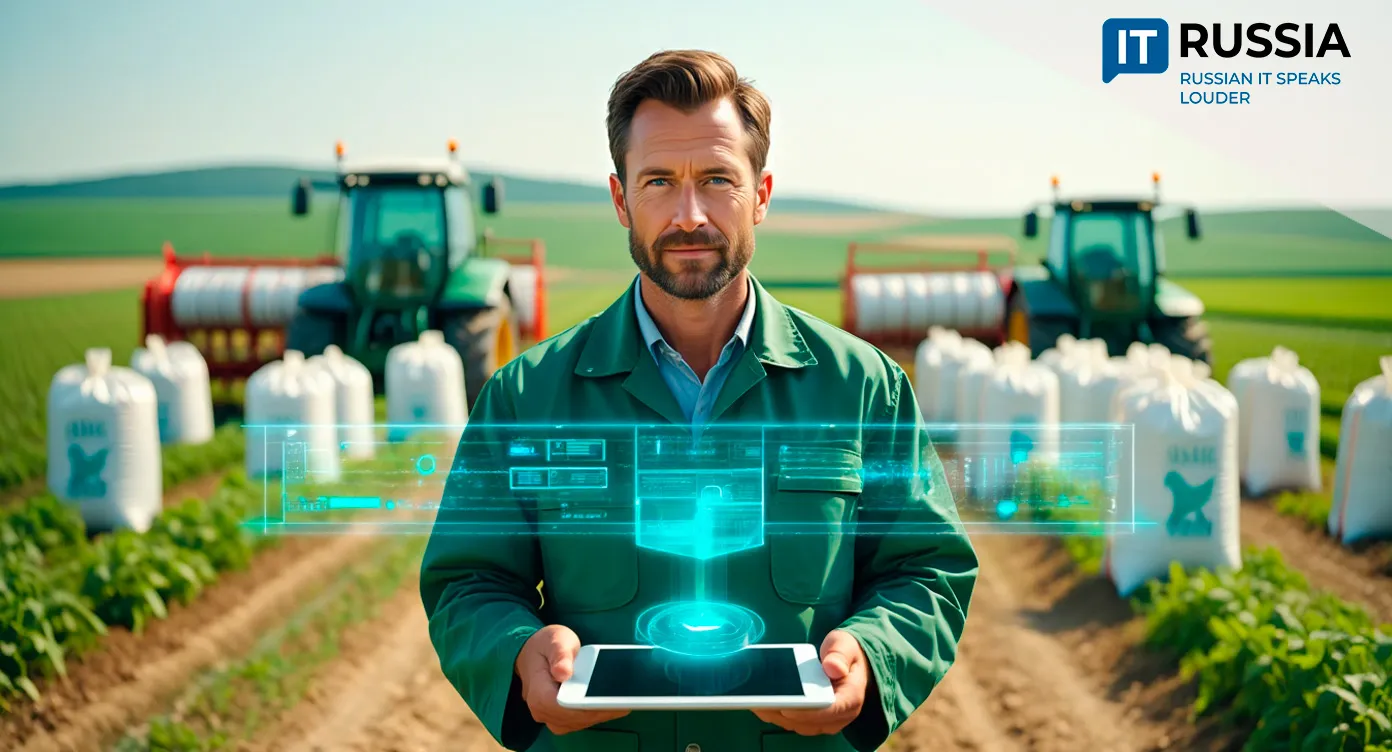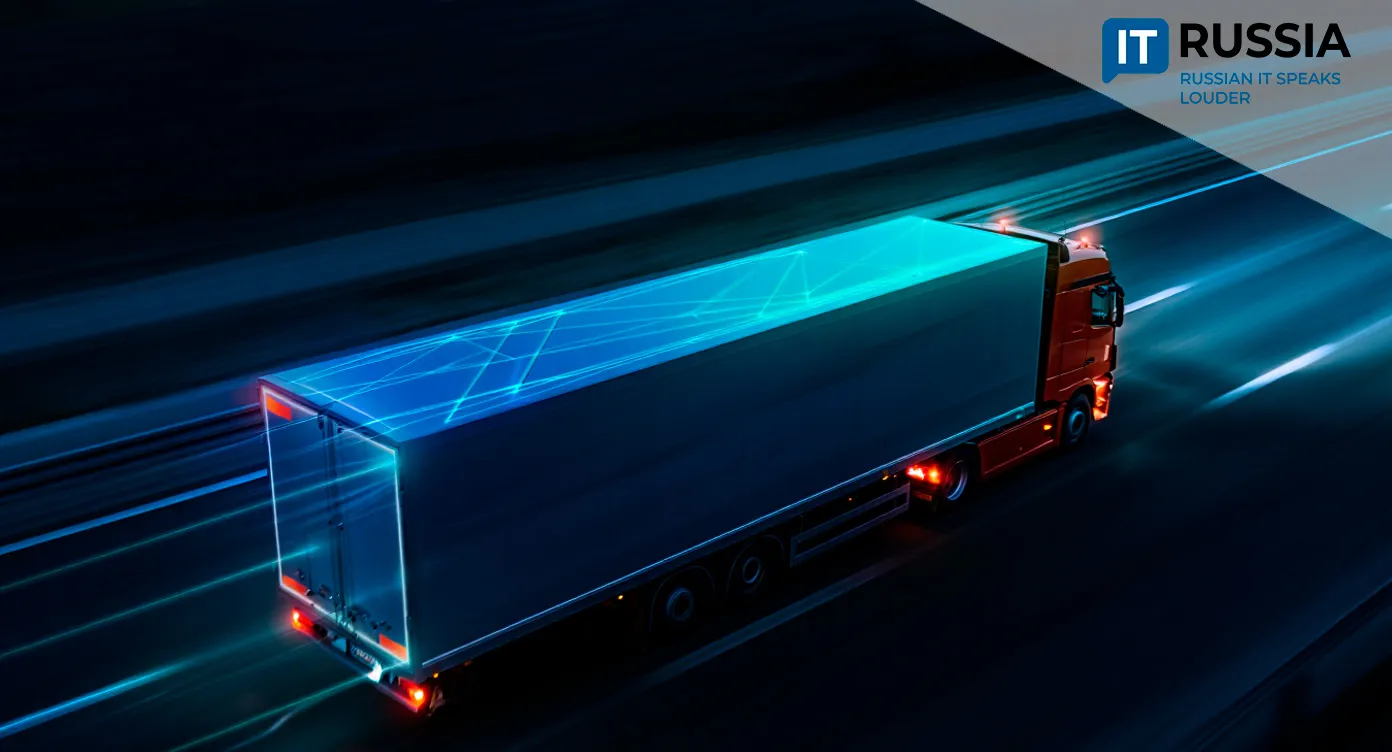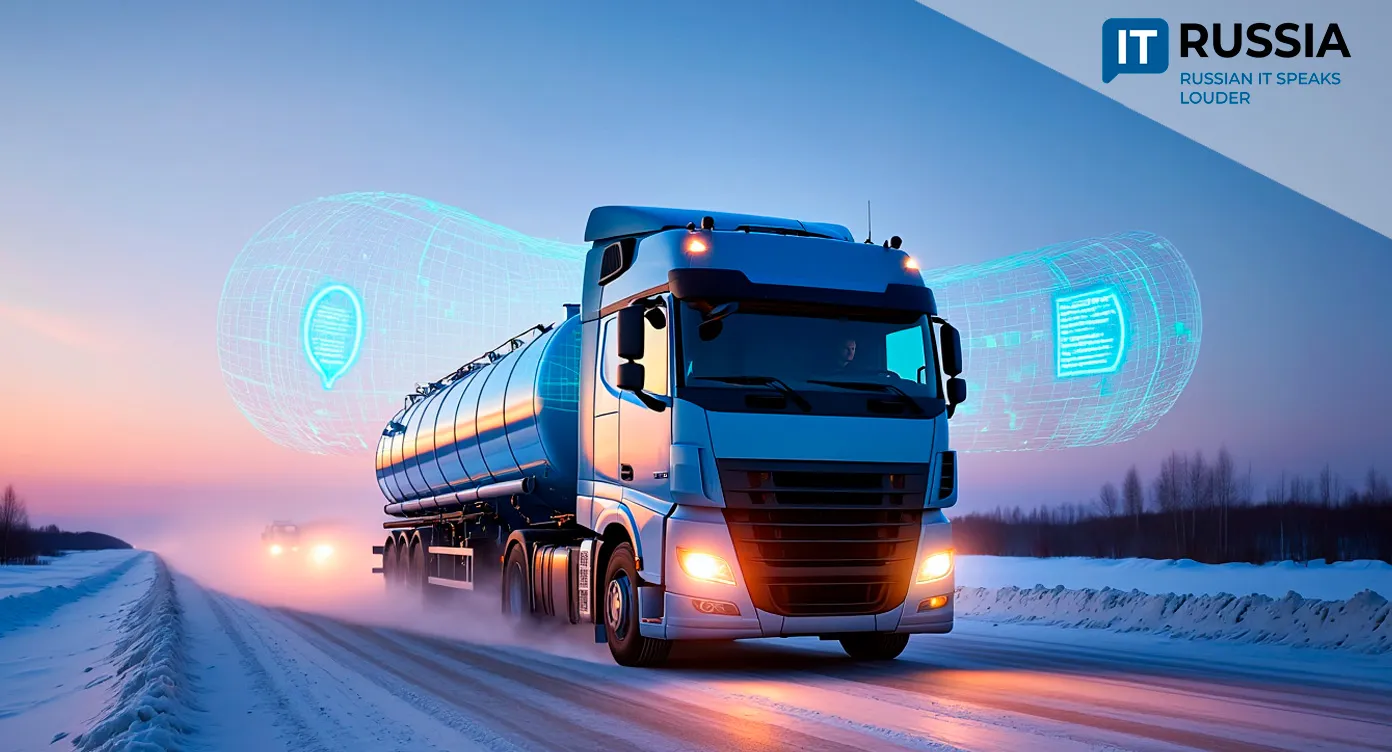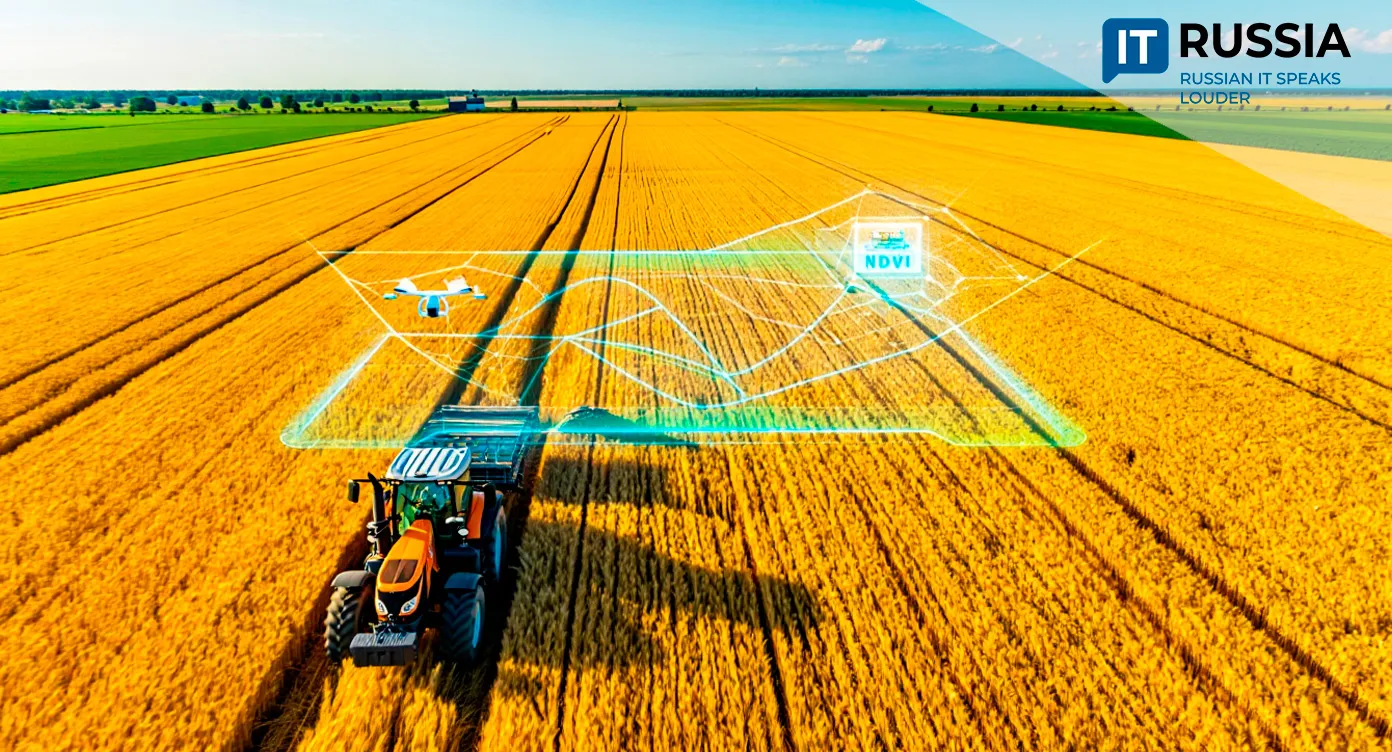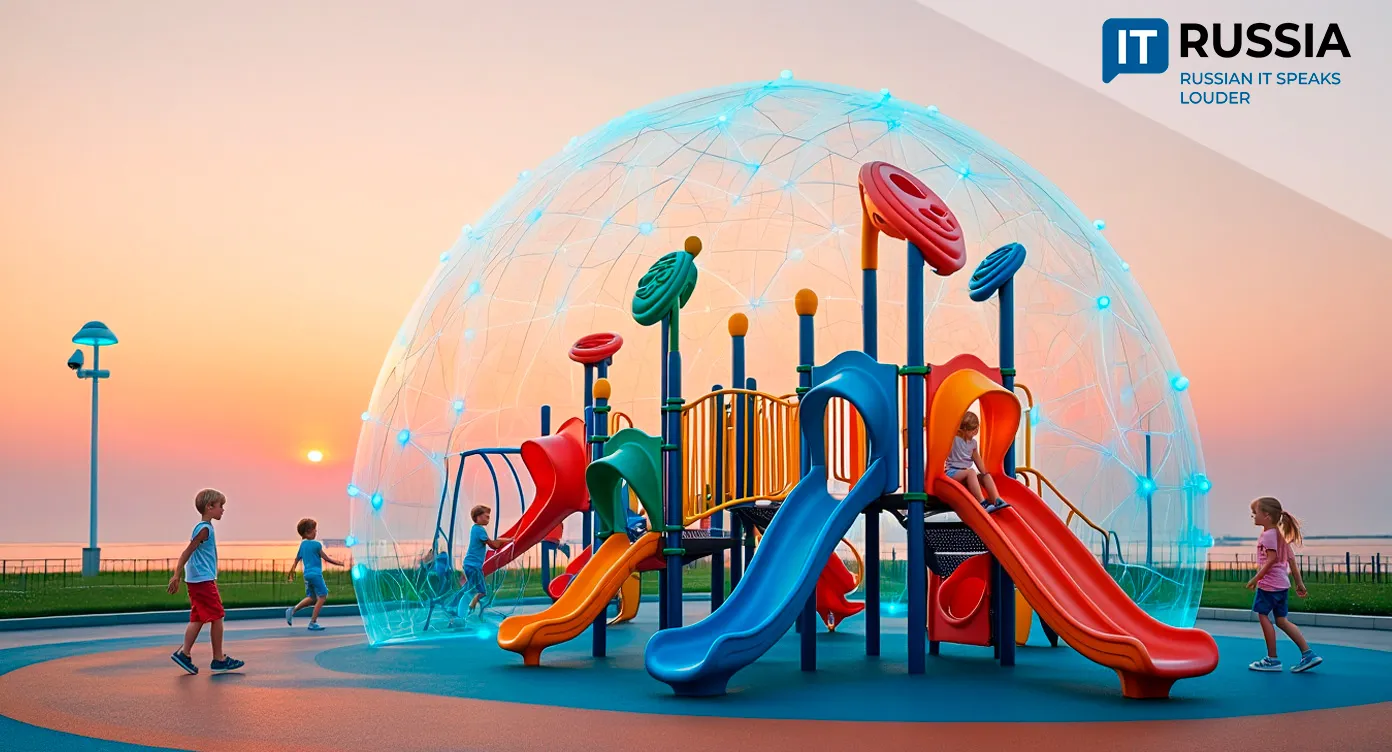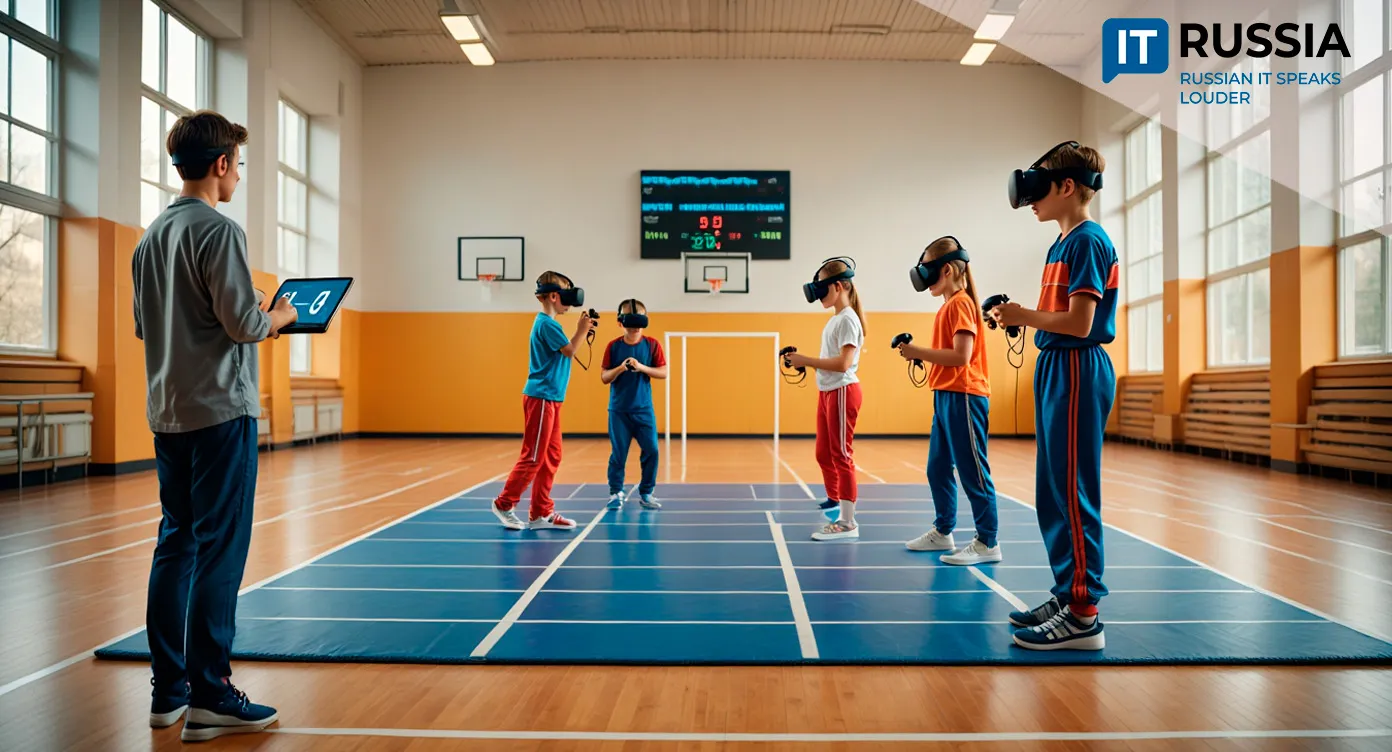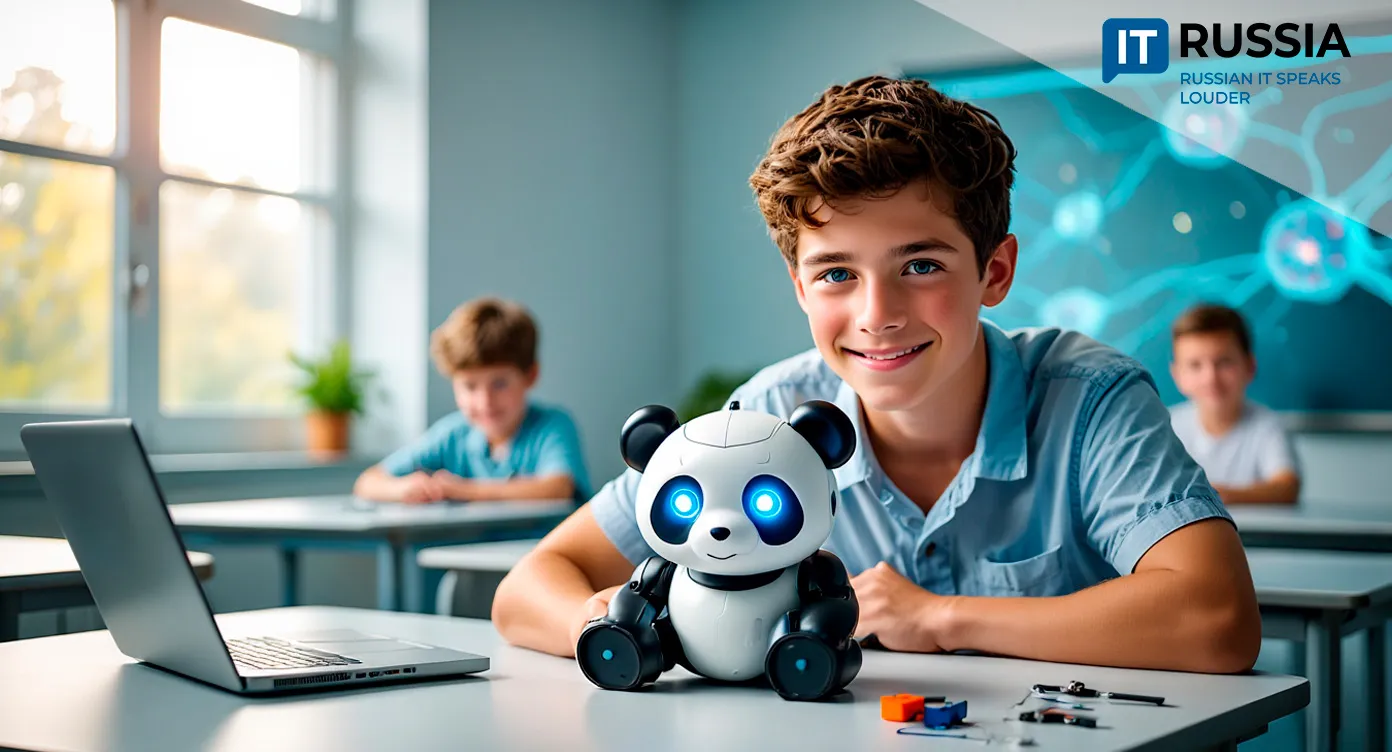Smart Waste Sorting: How Russia’s AI-Powered Robots Turn Trash Into Resources
At a waste processing facility near Moscow, a new worker has joined the team — a tireless robot capable of identifying dozens of material types with remarkable speed and accuracy. Developed by Systema 1, a resident company of the Sirius Innovation Science and Technology Center, this AI-powered sorter is redefining what waste management can look like in the era of sustainable automation.
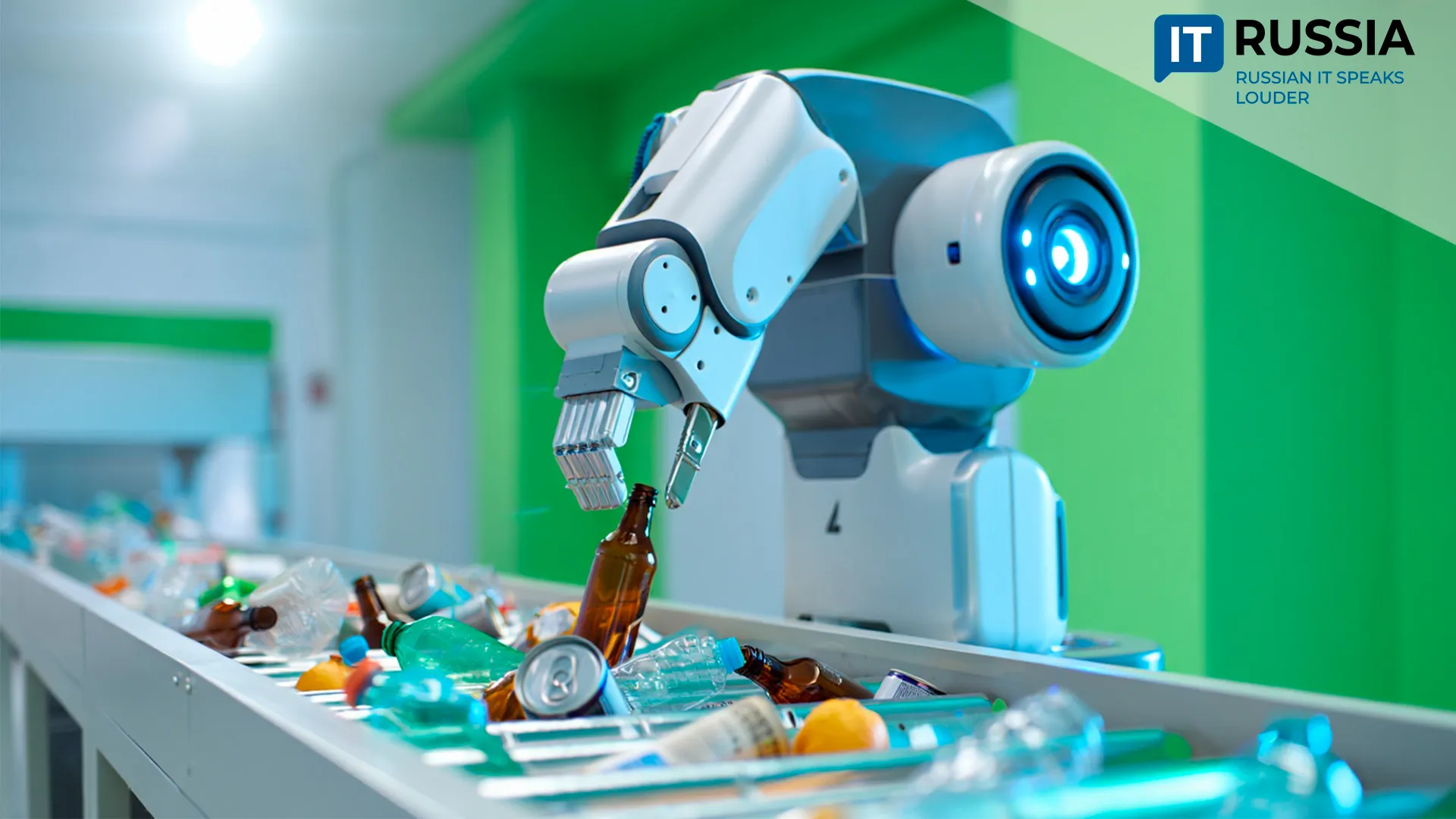
AI Takes the Conveyor Belt
The new sorting robot uses artificial intelligence and machine vision to significantly reduce the volume of waste sent to landfills. Its innovative pendulum mechanism allows the gripper to move along the conveyor, while a specialized camera scans the material flow.
The neural network identifies objects with up to 80% accuracy and commands the manipulator to place them into the appropriate bins. The system can recognize and classify up to 54 types of materials — from glass and aluminum to various plastics.
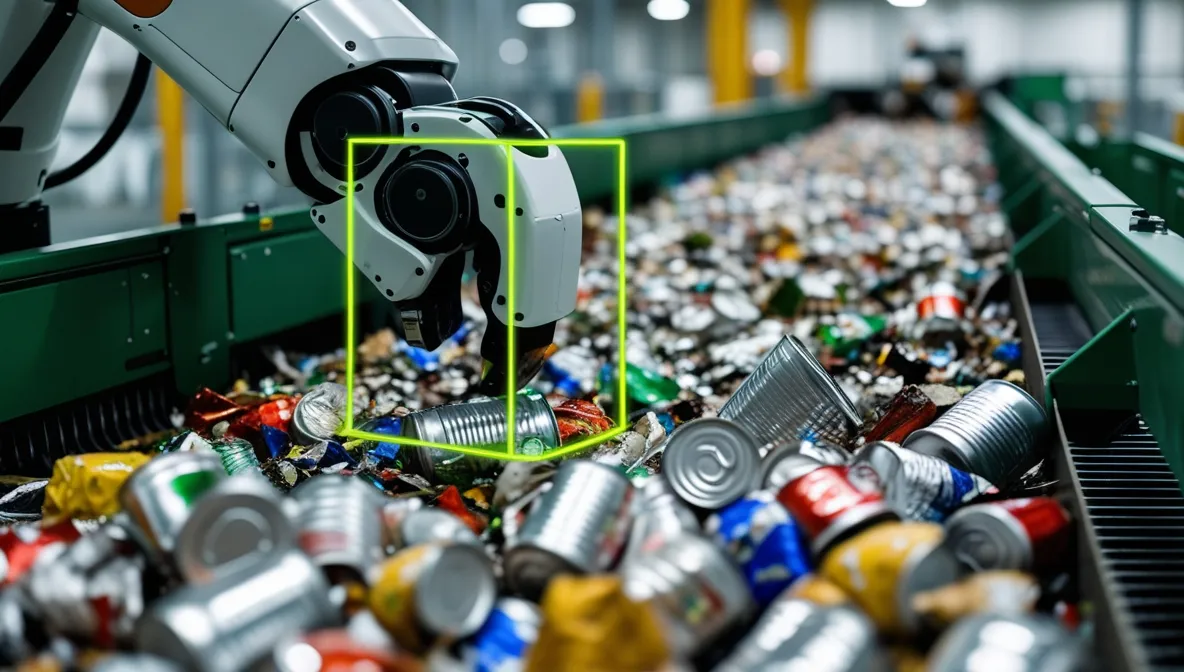
Currently, in test mode, the manipulator extracts aluminum cans from the waste stream, but soon it will be trained to sort packaging and aerosol containers.
This milestone marks a practical leap in Russia’s recycling industry — a transition from theory to real-world green technology. It’s a tangible contribution to reducing landfill load and increasing the share of materials reintroduced into the production cycle.
Robots Join the Factory Floor
Russian industries are rapidly adopting robotic solutions. In 2024, the number of industrial robots in operation reached 20,864 — up 62% from the previous year.
Robots now work across mechanical engineering, food processing, and the chemical industry — and increasingly in waste management. In St. Petersburg, an automated composting robot monitors temperature, humidity, and oxygen levels, optimizing organic waste processing.
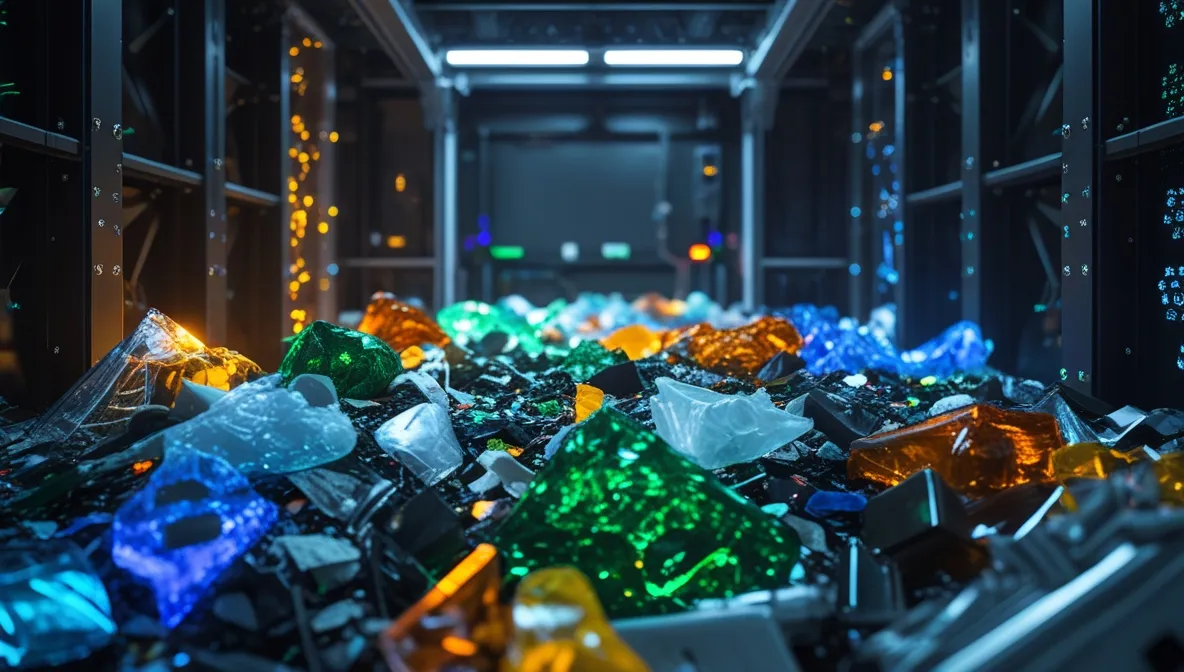
In Tyumen, another AI-powered robot sorts plastic containers by color and type with up to 95% accuracy, using machine vision and vacuum grippers. Back in March 2025, Sirius announced plans to develop an AI-based robotic manipulator specifically for waste sorting. Now, that idea is becoming reality.
Turning Waste Into Wealth
The AI sorter developed at Sirius represents the next logical step in the evolution of Russia’s waste management industry — at the intersection of industrial digitalization and the green transition. Its deployment at the KPO-Sever facility sets the stage for a new generation of recycling plants equipped with adaptive automation systems.
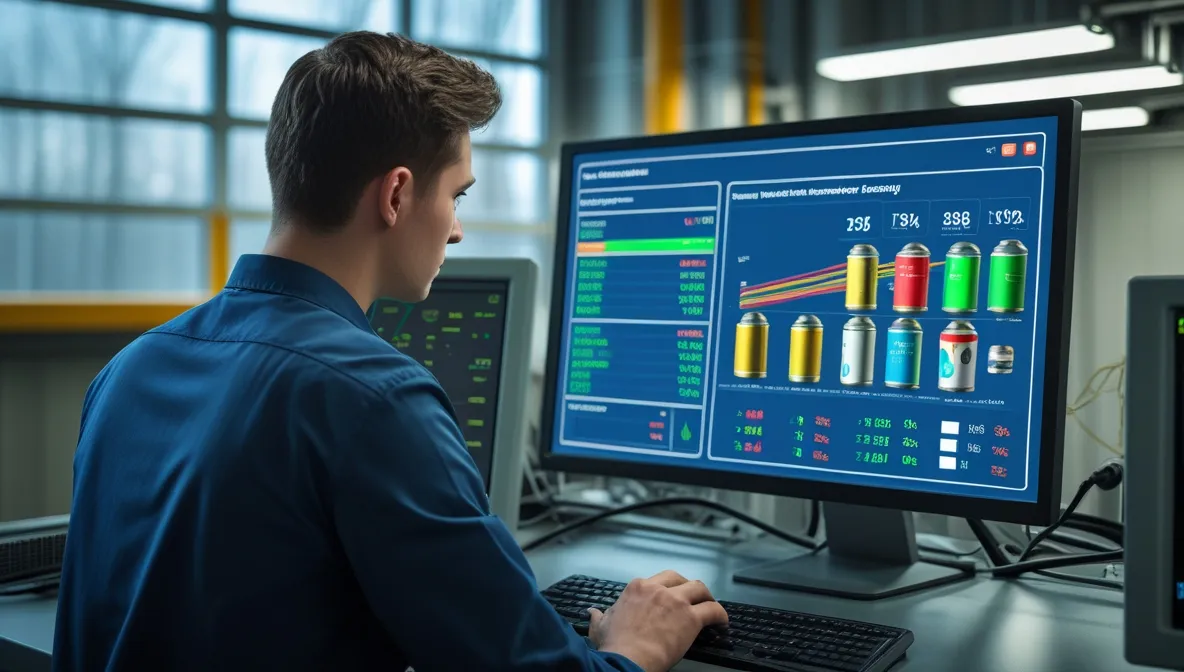
The next phase includes expanding the robot’s capabilities for finer classification, integrating it with logistics and corporate software, and rolling out pilot projects across the country. As waste volumes grow worldwide, this Russian innovation could find demand in other regions — especially those seeking scalable, cost-efficient recycling solutions.
One smart machine in a Moscow region plant today could become tomorrow’s standard, transforming waste from a problem into a resource.




